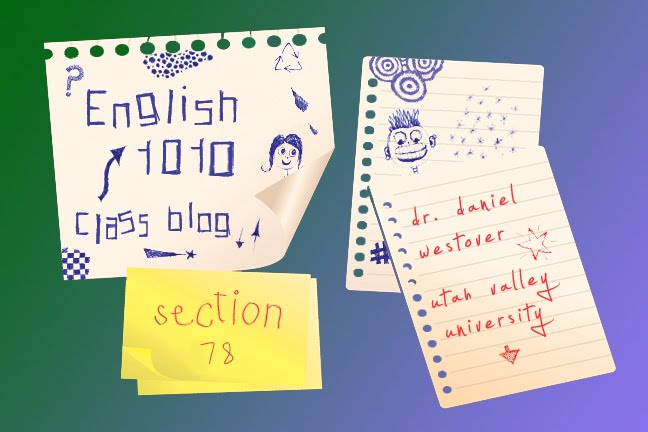Creative professionals must adapt-to and embrace new technology with an open mind, or they risk being left by the wayside.
In Roy Blount Jr's op-ed article “The Kindle Swindle?” posted on the New York Times website on February 24, 2009, Author's Guild president Roy Blount Jr asserts that authors are entitled to some sort of compensation “a fair share”(Blount) for the value that text-to-speech brings to Amazon's 2nd generation e-book reader the Kindle 2. Roy describes the Kindle 2 as a wireless paperback-size portable e-book reader. He states that Amazon does pay royalties for books under copyright, but the Kindle 2 can read books aloud with it's text-to-speech software and Amazon is not currently paying anything extra(any extra royalties) for providing this service to its customers. Roy says that Amazon is selling the Kindle 2 e-book titles as an e-book and audio book rolled up together, something that is not usually done because the value of audio books far surpass that of e-books. He also states that “audio books are a billion-dollar market, and growing”(Blount), and that the revenue from audio book sales helps to keep authors and publishers afloat.
Although Roy makes a strong argument for extra royalties from Amazon for the text-to-speech functionality of their Kindle 2 e-book reader, his view is antiquated, short sided, and lacking a sense of open-mindedness and adaptation needed to excel in this constantly changing technological landscape.
Technology can and will continue to change the face of commerce, and creative professionals (authors included) must adapt if they are to survive. Roy makes mention that there are a lot of ways for “not getting paid that new technology affords authors”(Blount). With all the ways writers are not getting paid, I see new ways for writers to make money. For example, a writer of skilled prose could make cash providing rhetoric for various websites, or they can create their own website if they were so inclined. A well designed website, with strong rhetoric, and fresh and entertaining content will draw in crowds of visitors. This opens new doors of revenue generation from advertisements, and from affiliate links, which are links from your website to product or service provided on another website.
Roy's view is antiquated and short sided. He sees the Kindle 2's text-to-speech functionality as a violation of copyright law, encroaching on the territory currently held by audio books. I see a technology that has been around for least 15 years, and that doesn't violate copyright law in so much as no new publication is being created by it. A new publication would incur new expenses in it's creation. There is the cost of hiring a professional reader like Jim Dale, and the cost of creation and distribution of the medium(the audio book). Roy sees this billion-dollar industry, the audio book market, posed to be taken down by this technological advancement called tech-to-speech.
Roy makes a persuasive argument. His article is well organized and written, by a man who understands good rhetoric. He establishes his ethos by stating his position as the president of the Authors Guild. With his references to how his guild is being assailed by the National Federation of the Blind, he draws empathy from the reader. He does a good job of bringing readers that may not know what the Kindle 2 is up to speed with a quick description of the device. He supports the viability and listenability of the Kindle 2 with his reference to how pleasant the voices of the Kindle 2 sound, and by saying that the Kindle 2's text-to-speech software can compare to the “dulcet resonance of Jim Dale”(Blount).
The current state of the Kindle 2's text-to-speech software is sub-par when compared to a professional commercial reading by a real human. I don't own a Kindle 2, but I did find a sample of both of the text-to-speech voices of the Kindle 2 out on the net. After listening to the sample of the male and female voices of the kindle 2, I found them dry and lacking. I haven't listened to a whole lot of different audio books. Looking back, I could count the audio books that I have listened to on my fingers. But as I listened to the voices of the Kindle 2, I found myself longing for a true audio book with a real human reading the text and instilling the prose with inflection and character.
Roy's position on this matter is close-minded. He pleas for extra money when nothing extra is being created. The need for something extra (like an audio book) is being undermined by this evolving software called text-to-speech. As text reading software develops into something more palatable, it may eliminate the audio book market entirely. We mustn't fight technological advancements, we must embrace them and move forward. We must keep an open mind and look for new streams of revenue as the medium that we use to transmit our work continues to change.
Work Cited
Blount, Roy Jr's op-ed piece “The Kindle Swindle?” New York Times website in the opinion section. published: Feb. 24 2009. URL = “http://www.nytimes.com/2009/02/25/opinion/25blount.html? _r=1”
Subscribe to:
Post Comments (Atom)

No comments:
Post a Comment